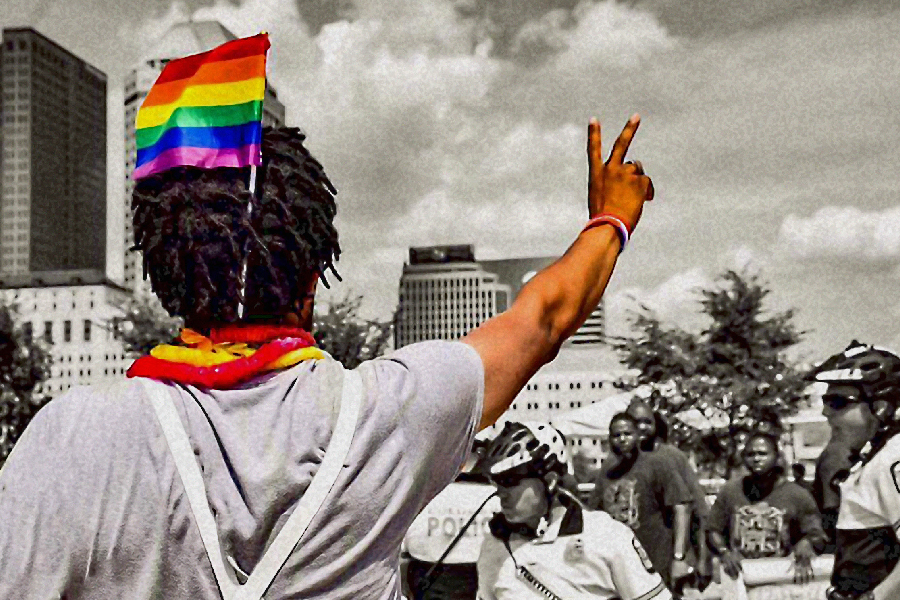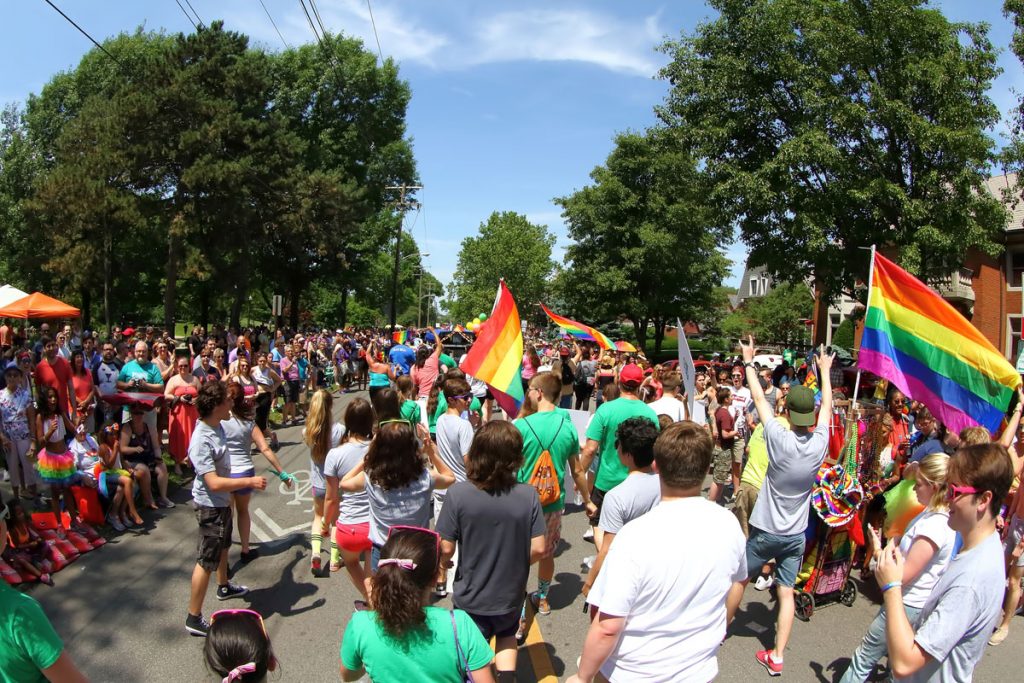Pride Week: How we got here and where we stand now


Since 1981, Pride has long been one of the defining spectacles of Columbus culture. While the parade itself has been moved to October this year, the month of June is still Pride Month. After weeks of protests, many are calling it the most authentic pride since it began.
If you’ve ever wondered where Stonewall Columbus got its namesake, you can trace its roots back to the Stonewall uprising of 1969 in Greenwich Village, New York City, New York. It was a landmark moment for LGBTQ rights. Not long before the uprising, doctors would refer to homosexuality as a disease and would even go as far as forcefully administering a medicine that was considered a psychological form of waterboarding.
Outcasted by society, those in the LGBTQ community frequented bars like the Stonewall Inn. These were bars that were considered safe havens, where those in the LGBTQ community could dance freely without the public looking down on them. The mafia owned these bars, watering down the liquor and upcharging customers to profit off their outcast status.
All that changed in the early morning of June 28, 1969. New York City police entered the Stonewall Inn and arrested bartenders for selling liquor without a license, as well as patrons for violating the state’s gender-appropriate dress codes.
As police attempted to move people into vans, the LGBTQ community fought back. The aftermath of these protests led to advances in society like the formation of the Gay Liberation Front.
The history of Pride Month is juxtaposed against the modern-day protests against police brutality toward black people. Pride Month in 2020 is being viewed through a different lens because of these very modern issues. Though COVID-19 caused the Columbus Pride Festival and Parade to be moved to Oct. 2, the LGBTQ community is still finding a way to honor the history of Stonewall this month through solidarity with the Black Lives Matter movement and protests against police brutality following the death of Geroge Floyd.
“That’s definitely a way that energy has been kind of usurped from these different identities,” said Letha Pugh, co-owner of Bake Me Happy, co-founder of Black Out and Proud, and recent recipient of the Steven Shellabarger Illuminator Award. “It should be a solid commitment to marching for any inequality.”
Pugh’s story is especially important this month, as she belongs to both the LGBTQ and black communities. That distinct viewpoint informs her belief that change will happen–albeit at a slower rate than most hope for.
“As a black lesbian, (we know) this movement is a…slow process that each generation moves forward a little bit at a time.”
BROUGHT TO YOU BY
That’s made even more relevant in the lens of this week. Before Monday, it was legal for an employer to fire someone for being gay, bisexual, or transgender. The Supreme Court changed that on Monday with its ruling in a 6-to-3 decision that “An employer who fires an individual merely for being gay or transgender defies the law.”
If you’re trying to find a way to celebrate Pride this weekend and stand for equality for all on Juneteenth, a march will take place at 6 p.m. from the police department to MPACC on Mount Vernon to celebrate black LGBTQ individuals.
BROUGHT TO YOU BY



